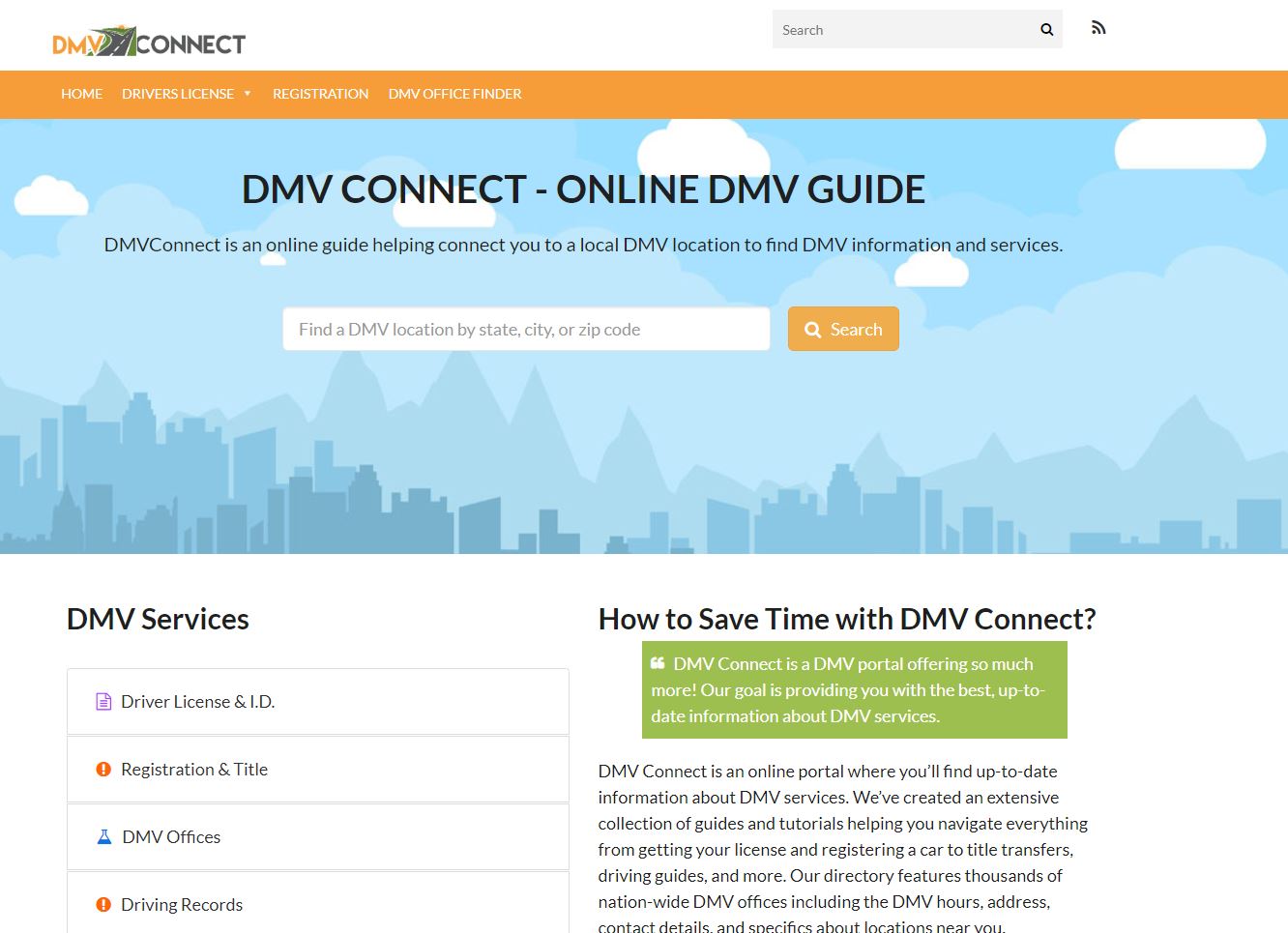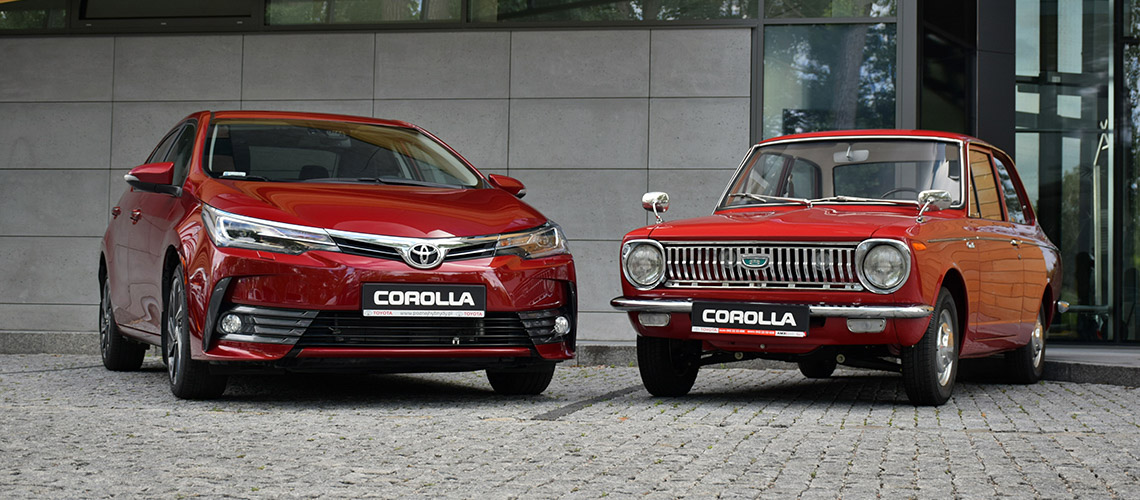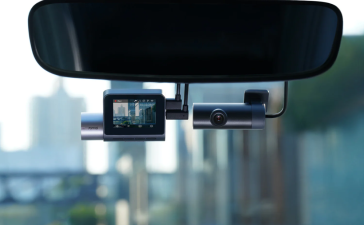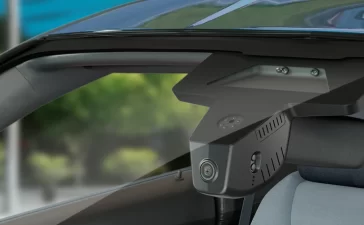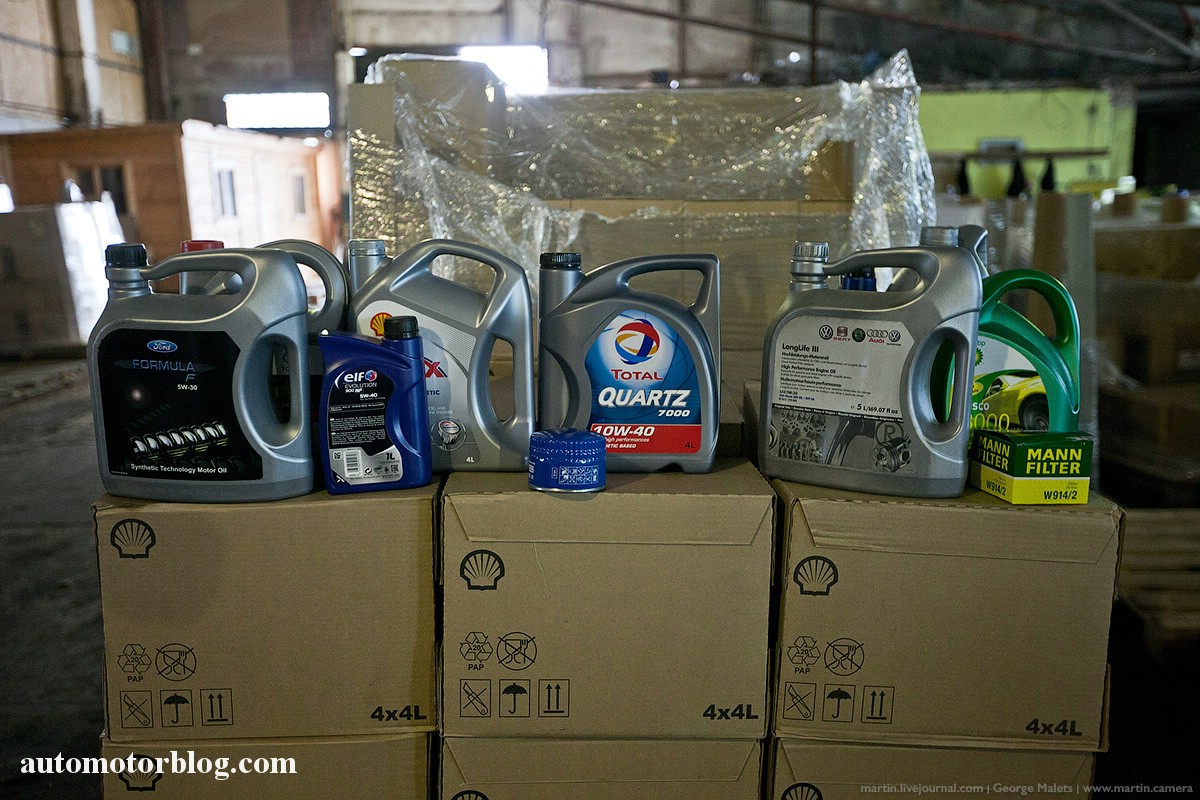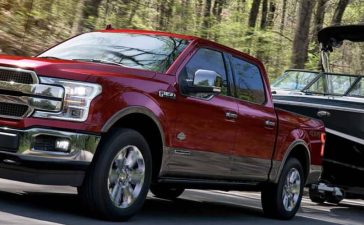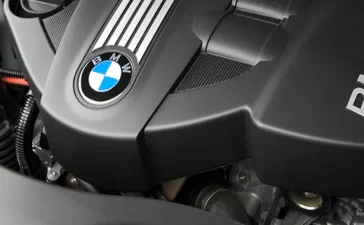You may be shocked to find that you will be expected to pay more than you bargained for when buying a new car at the dealership. Don’t be quick to accuse them of being shrewd; there are actual regional and state fees that the law requires you to pay. However, these fees vary between states, and while you can negotiate some, others are non-negotiable.
The reason these additional fees tend to bring a bitter taste to the buyer is that most of the times, the car dealer will not bring them up when you are negotiating. Most of them wait until you are finalizing the purchase.
Understandably, this can be frustrating and downright infuriating considering that you took the time to do your homework and negotiate the best deal possible.
If you are looking to purchase a car, it is important to be savvy about the process. The following are the most common ‘extra’ fees that you should know about. Anything other than these needs to be followed up on closely.
1. Vehicle Registration Fees
This refers to the amount that the state requires from you in order to register the new car. It also covers things such as the cost of license plates as well as the title assignment. Upon purchasing the car, the dealer often saves you the trip to the DMV (Department of Motor Vehicles) by offering you this service.
Typically, the cost of the registration fee is dependent on the cost of your vehicle. The higher the price of the car, the more expensive the registration fee. Registration fees are among the unnegotiable charges. Nevertheless, a dealership might make it special for you by offering to boot your vehicle registration fees.
2. Sales Tax
Sales tax on a car can be quite costly. While some states require that you pay for it while paying for your title and registration, others allow you to pay for it at a later time at the registry or DMV.
The average rate is around 7 percent. Meaning that if you purchased a vehicle worth $30,000, you’d pay $2,100 in sales taxes. This tax can even be higher with some states charging up to 15 percent.
As sales tax varies between states, it is important to familiarize yourself with your state’s requirements for this tax.
3. Doc Fees
This fee is a common charge among all dealerships, and it is meant to cover the costs of the personnel doing your paperwork. This fee varies among dealerships with the cost being anywhere between $50 and $500. Nevertheless, this fee is typically not brought to your attention until you are about to sign the car’s paperwork.
Doc fees, moreover, also vary between states with some states having a maximum limit that a dealership is allowed to charge you. In terms of averages, the lowest is New York at $75 while the highest is $670 in Florida.
4. Taxing the Trade-in
In a lot of states, you stand to get a tax break if you trade in your old vehicle. This is achieved by only taxing you for the trade difference. Trade difference refers to the amount left after subtracting the cost of your old car from the cost of the new car.
For instance, if you want to purchase a car worth $30,000 and the dealership gives you $10,000 for your old car, the difference (20,000) is what is going to be taxed. This means that your sales tax here is going to be $1,400 rather than $2,100 as we covered in the sales tax section. Taxing the trade-in, therefore, allows you to save on taxes by encouraging you to trade in your old vehicle.
Nevertheless, this too varies between states. If the ‘Trade-in Sales-Tax’ column contains a ‘Y’, it means that you can only be charged for the difference. However, if it says ‘N’, it implies that you will still pay the tax in full regardless of the trade-in.
5. Taxing Rebates
This is a type of discount that reduces the purchase price of the car. So, does it affect the tax you pay? Most states will tax you for the full price of the car regardless of whether the rebate discount has been applied. For instance, if our car worth $30,000 has a $2,000 cash rebate. This reduces the vehicle’s price to $28,000. However, you will still pay tax on the original price of $30,000.
There are states, however, that charge you tax on the amount remaining after the rebate has been applied. Enquire to know how your state treats taxing rebates.
6. Dealer Fees
There are unscrupulous dealerships that might attempt to sneak in further ‘fees’ into your paperwork. Typically, these charges are disguised under official-sounding names such as ‘S&H’, ‘Shipping’, ‘Handling’, and others.
You might also find that you have advertising fees in your contract that have been added by the dealer.
The thing about advertising fees is this; if the vehicle’s invoice lists an advertising fee, then it is a legitimate charge made by the manufacturer to the dealership, and you need to pay for it. However, there are some dealers that will add an extra advertising fee on top of the original one in the sales contract. This is usually an attempt to offset the costs of their own advertising efforts. If you spot these, then try and challenge them. If you can’t, then try and negotiate to get a lower purchase price on the vehicle so that you can offset this additional charge.
It is not possible to list down all the dealer fees that you can encounter in a dealership. Moreover, all dealers in a particular region tend to have the same fees because they probably incur the same costs.
At the end of any vehicle purchasing process, there will always be extra fees to pay. The important thing is that you do your homework and know what kind of fees you are likely to encounter so that you can prepare yourself accordingly. As stated above, remember to ask your dealer about all these extra fees early on so you can negotiate what you can.



